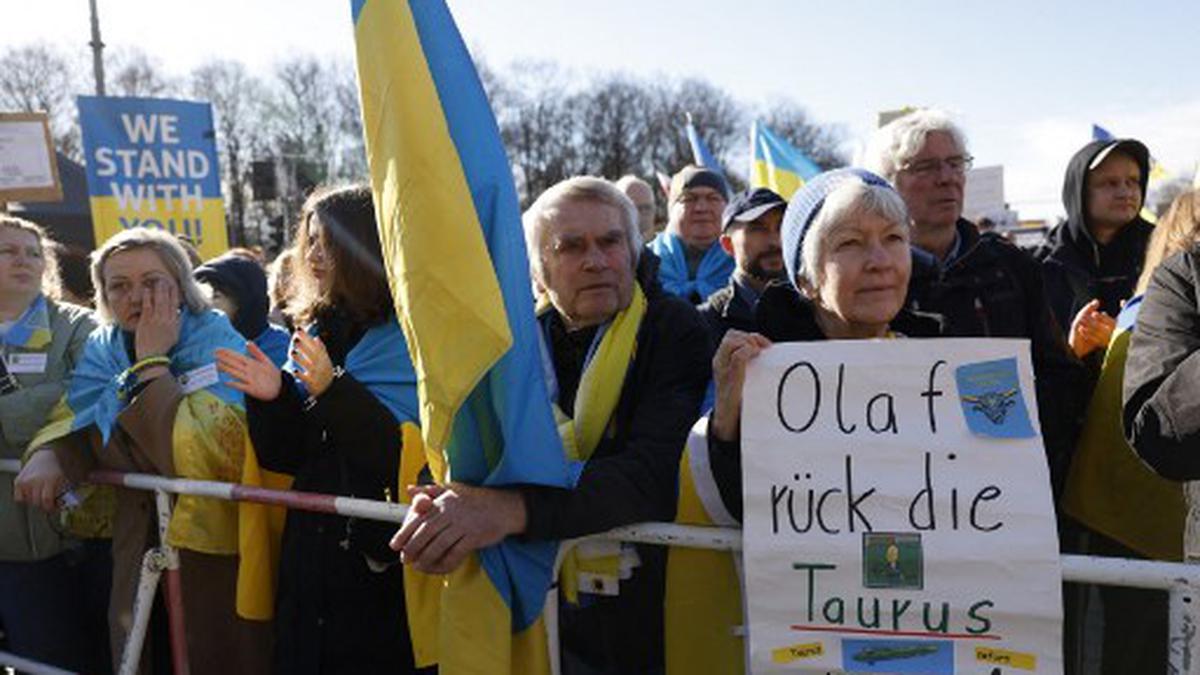
The fallout from the Russian leak of a German military phone call | Explained Premium
The Hindu
German Defence Minister Boris Pistorius reveals Russian hacking of high-ranking air force officers' call, sparking international tensions.
The story so far: On March 5, German Defence Minister Boris Pistorius informed reporters in Berlin that Russian secret services had hacked into an unsecured phone line at a Singapore hotel to join a conference call between high-ranking German air force officers and leaked it to the public. A probe has been ordered into the incident.
Mr. Pistorius said that participants on the call had not “adhered to the secure dialing procedure as intended.” Calling the hacking a “chance hit as part of a scattered approach” by Russia, Germany has downplayed the leak as an “individual mistake by one of the officers.”
A 38-minute audio clip from the call was first posted by Russian broadcaster RT’s editor-in-chief Margarita Simonyan on March 1 on the messaging platform Telegram.
She claimed that a phone call between German Air Force chief Lieutenant-General Ingo Gerhartz and three other officers — Brigadier-General Frank Graefe and other staffers named Fenske and Frohstedte — was intercepted by Russian army officials. In the call they are allegedly heard discussing a potential strike by Ukraine on the Crimea bridge linking Russia and the Crimean peninsula, which was annexed by Moscow in 2014.
In the conversation, which allegedly took place on February 19 according to Moscow Times, the German officers were discussing the possible use of German-made Taurus missiles and if they could hit a key bridge over the Kerch Strait linking Russia and Crimea. Destruction of the bridge would result in disruption of a key supply route for Russia— a huge win for Ukraine.
The officers also discussed how German soldiers would be needed for early delivery and rapid deployment of Taurus missiles to Kyiv and that training Ukrainian soldiers to deploy the missiles would take months.
Detailing how many missiles could be used, the officers also discussed long-range missiles supplied to Ukraine by France (Scalp missiles) and Britain (Storm Shadow). One of the officers also referred to “British soldiers on the ground in Ukraine,” and there were also mentions of “many people in civilian clothes that speak with an American accent,” alluding to the U.S. presence on the ground in Ukraine.











